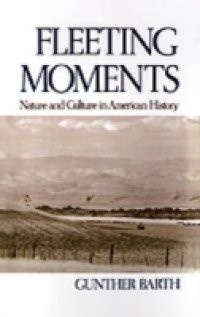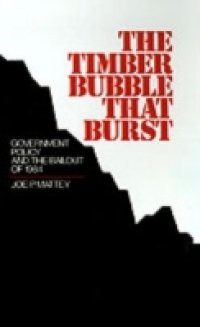The tension between nature and culture, which accompanies the rise of any large society, has become a subject of great concern in our time. In this compelling study, Gunther Barth, acclaimed author of City People: The Rise of Modern City Culture in Nineteenth-Century America, identifies fleeting moments of concord between nature and culture in the course of American history. During the search for the Wilderness Passage, the progress of the Lewis and Clark expedition, and the building of park cemeteries and big city parks, Americans realized that nature was not merely a force to be reckoned with, not merely a resource to be exploited, but also an integral component of their lives. Through the engineering of nature and culture in the urban environment, the energetic attempts to conserve large-scale nature in the United States emerged as an offspring of the big city. Heightening our understanding of the historical complexity of the relationship between nature and culture, and suggesting that harmony between the two is a mark of civilization, this original study will be an invaluable guide to anyone concerned with the quality of life in America, past and future.




















